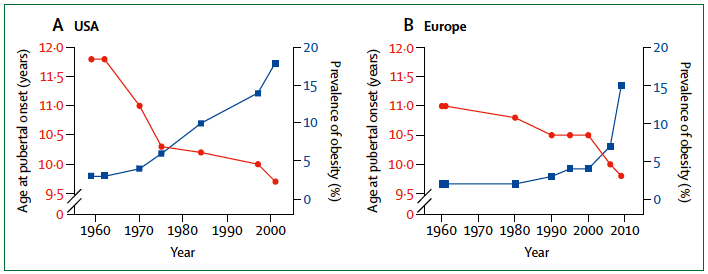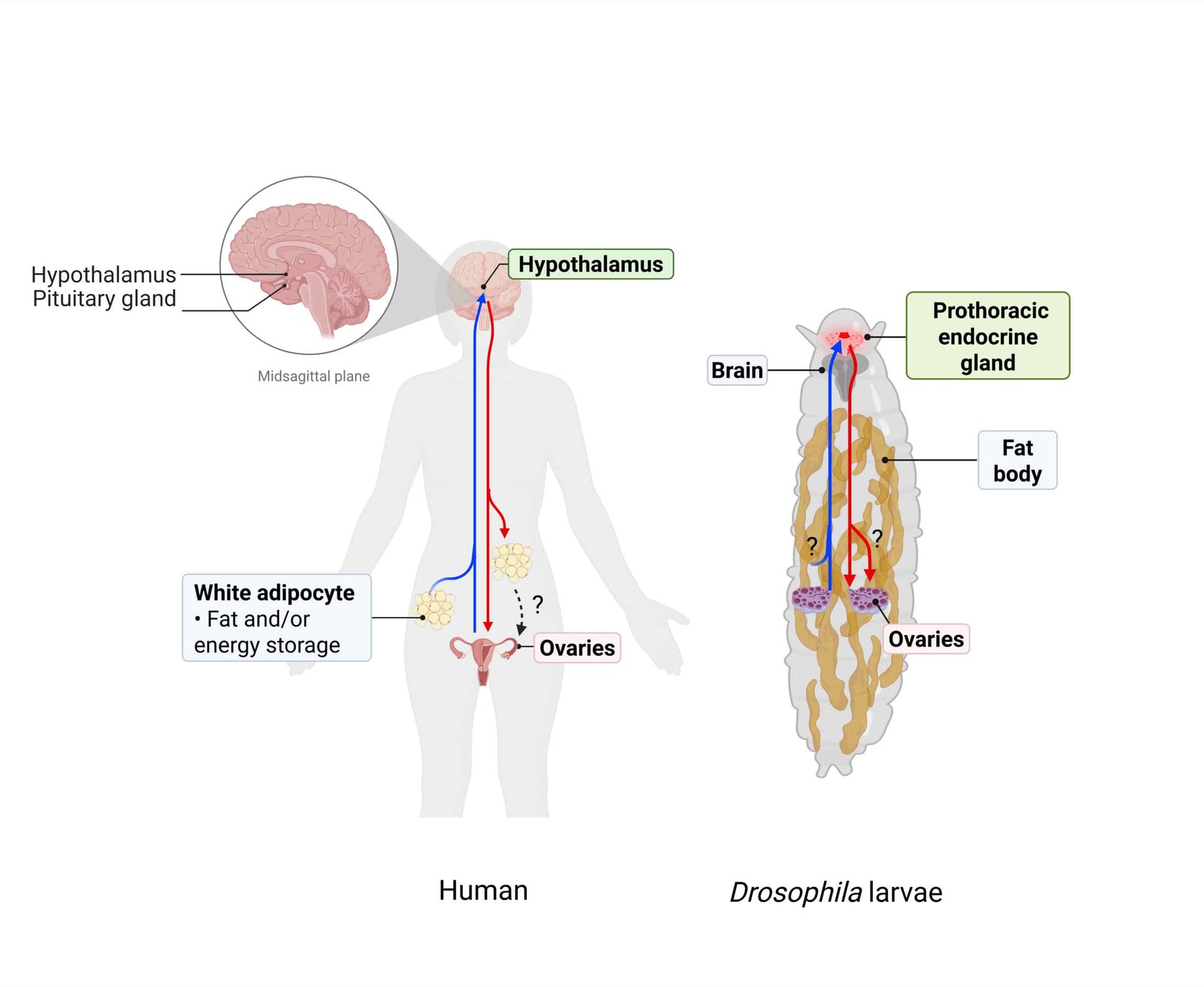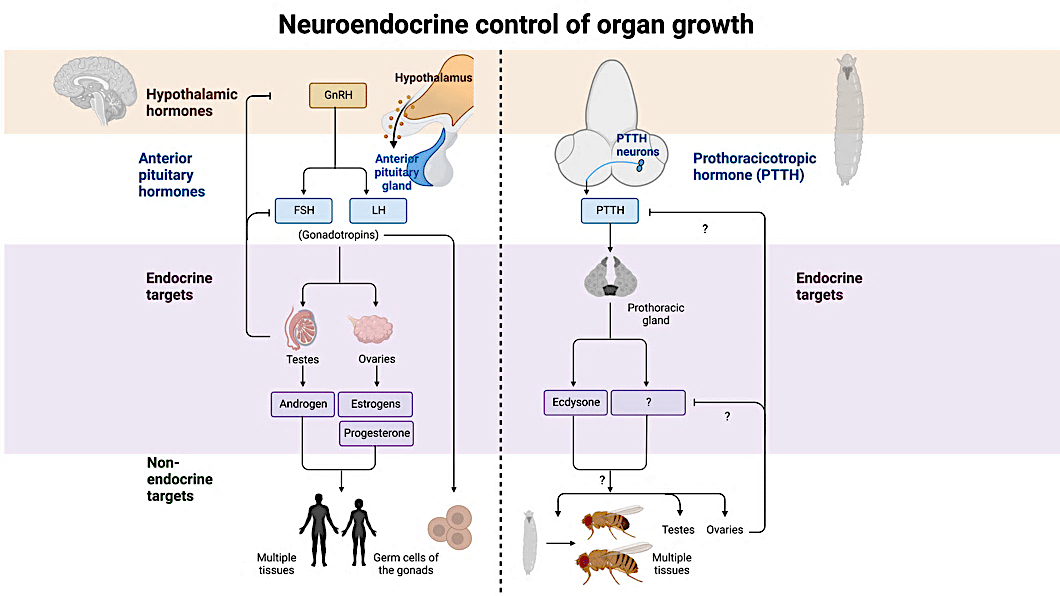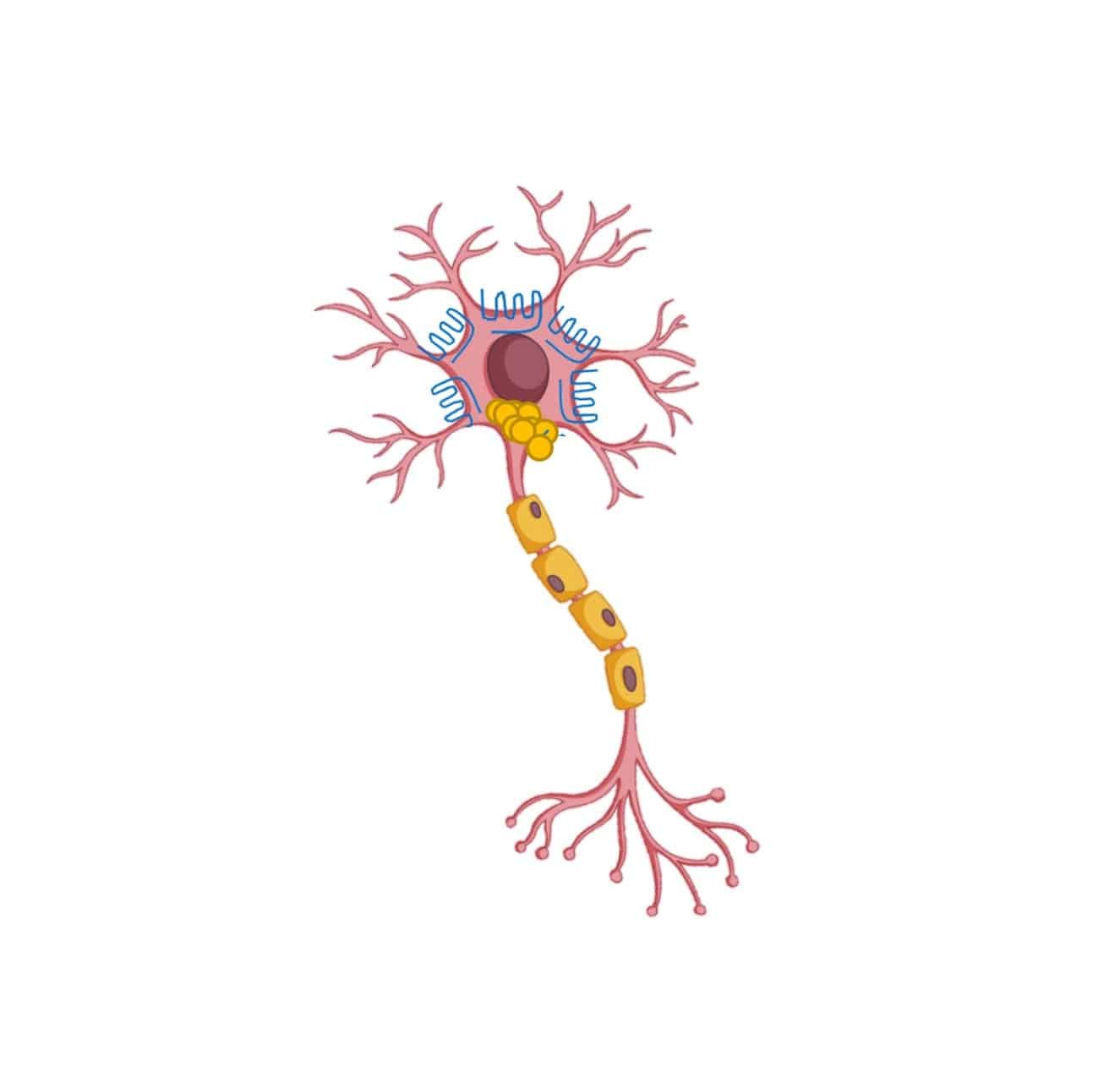What is ReTIT-PUB?
Puberty is a fundamental biological process for human development, involving profound physical, hormonal, psychological, and metabolic changes. Its proper progression is crucial for future health but can also be affected by multiple genetic, environmental, and social factors.
These changes have sparked growing interest in gaining a deeper understanding of the mechanisms that regulate the onset, progression, and potential disorders of puberty.
Our Mission
The mission of ReTIT-PUB is to promote excellent translational research in the field of puberty, fostering collaboration among leading national groups, integrating basic and clinical studies, and encouraging the use of multidisciplinary tools to achieve a deeper understanding of the mechanisms regulating puberty and its disorders.
This central objective is supported by a dynamic organisational structure, a networked working strategy, and a collaborative approach that connects laboratories, hospitals, and research centres across the country.
What does ReTIT-PUB aim to achieve?
Specific objectives.
🎯 Organise a national network on puberty
Establish an operational thematic network that integrates the main Spanish research groups with clinical and basic experience, creating an inventory of resources, shared tools, and a framework for functional cooperation.
🎯 Develop active working groups
Constitute five thematic groups focused on key areas (genetics, clinical studies, models, bioinformatics, and training/outreach), which act as drivers of internal collaborations and cross-cutting projects.
🎯 Promote joint scientific activities
Organise in-person and virtual meetings, scientific conferences, and seminars, involving national and international experts to promote knowledge exchange and updates.
🎯 Support the analysis of clinical and preclinical data
Provide shared tools for bioinformatic and multi-omic analysis of data generated by the groups, optimising the use of technological platforms and promoting biomarker identification.
🎯 Promote the training and mobility of researchers
Establish programmes for short stays, scientific exchanges, training seminars, and outreach spaces to strengthen the network’s human capital and facilitate knowledge transfer.
🎯 Promote the international projection of the network
Establish alliances with other national and international networks, as well as scientific societies and cooperative groups, to strengthen the global presence of ReTIT-PUB and its lines of work.
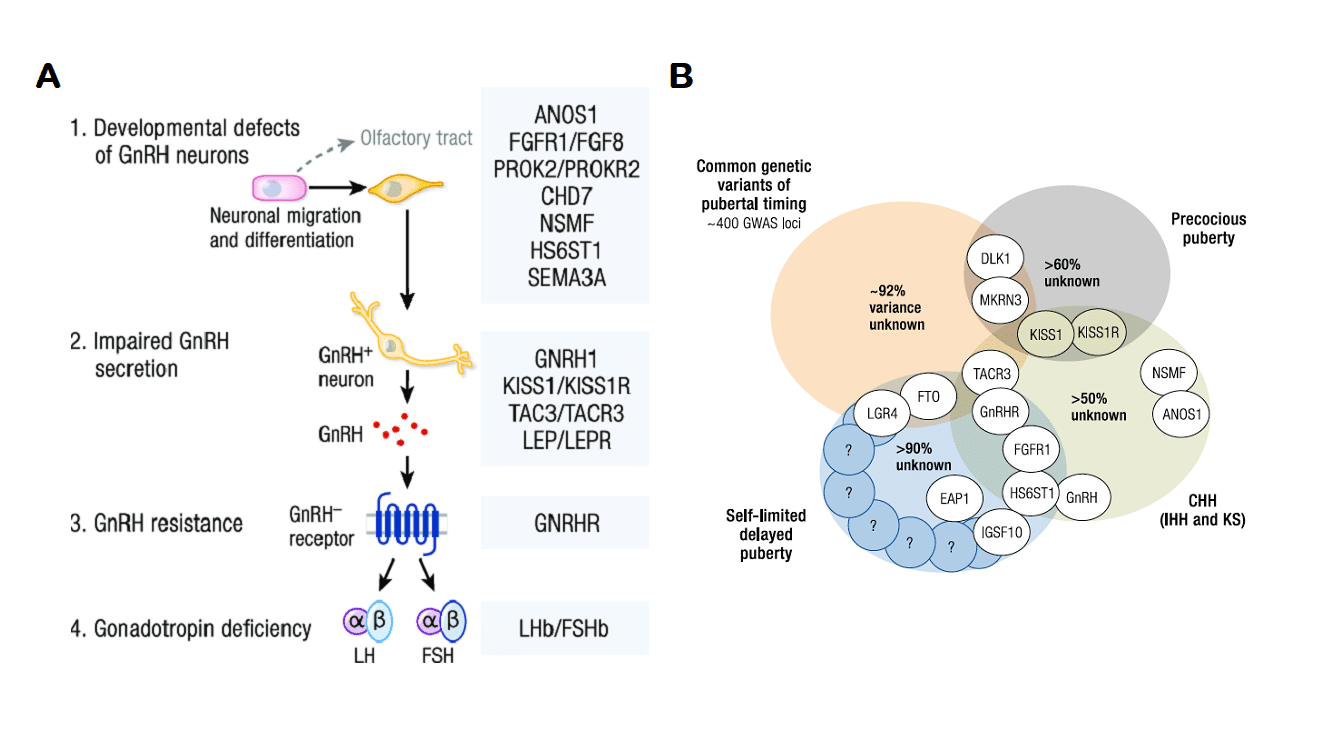

Medium-Term Vision
ReTIT-PUB aspires to become a national and international reference platformcapable of generating knowledge useful for the scientific community, clinical practice, healthcare policymakers, and society.
Through this network, the aim is to:
✅ Consolidate lasting synergies between research centres.
✅ Train new generations of researchers with a translational vision.
✅ Generate high-impact data and publications.
✅ Support the development of preventive, diagnostic, and therapeutic strategies.
Who is involved?
With a total of more than 150 researchers, the network encompasses complementary profiles: paediatric endocrinology, genetics, epigenetics, neuroscience, bioinformatics, nutrition, and more.












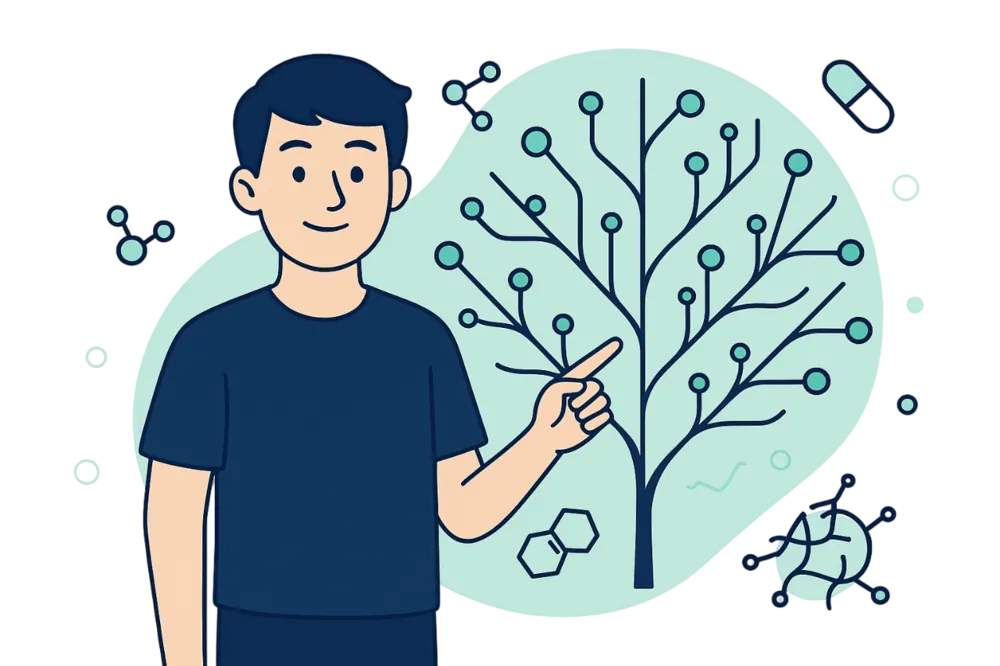
Why a thematic network?
The Thematic Network for Translational Research in Puberty (ReTIT-PUB) was established to respond to the need to unite efforts between basic and clinical researchers, with the goal of addressing puberty from a multidisciplinary and collaborative perspective.
Until now, many advances have been made in isolation. ReTIT-PUB proposes a shared and coordinated workspacethat fosters synergies, the exchange of tools, and the advancement of knowledge from science to clinical practice.
What does “translational” mean?
Translational research connects basic science with clinical practice and public health. In the case of ReTIT-PUB, this translates to:
✅ Applying genetic or molecular discoveries to real cases of pubertal disorders.
✅ Developing preclinical models that help predict treatment effects.
✅ Designing intervention strategies based on physiological, biochemical, and social evidence.
Example of success: the discovery of the role of kisspeptins (Kiss1 system) in the onset of human puberty — a line of research started in animal models and now applied in clinical diagnosis.

An initiative funded by the Spanish State Research Agency
ReTIT-PUB is funded by the programme of Research Networks of the Spanish State Research Agency (AEI), under the Ministry of Science and Innovation, in its 2022 call.
Its objective is to promote cooperation among research groups from different institutions, optimising resources, capabilities, and international projection.

